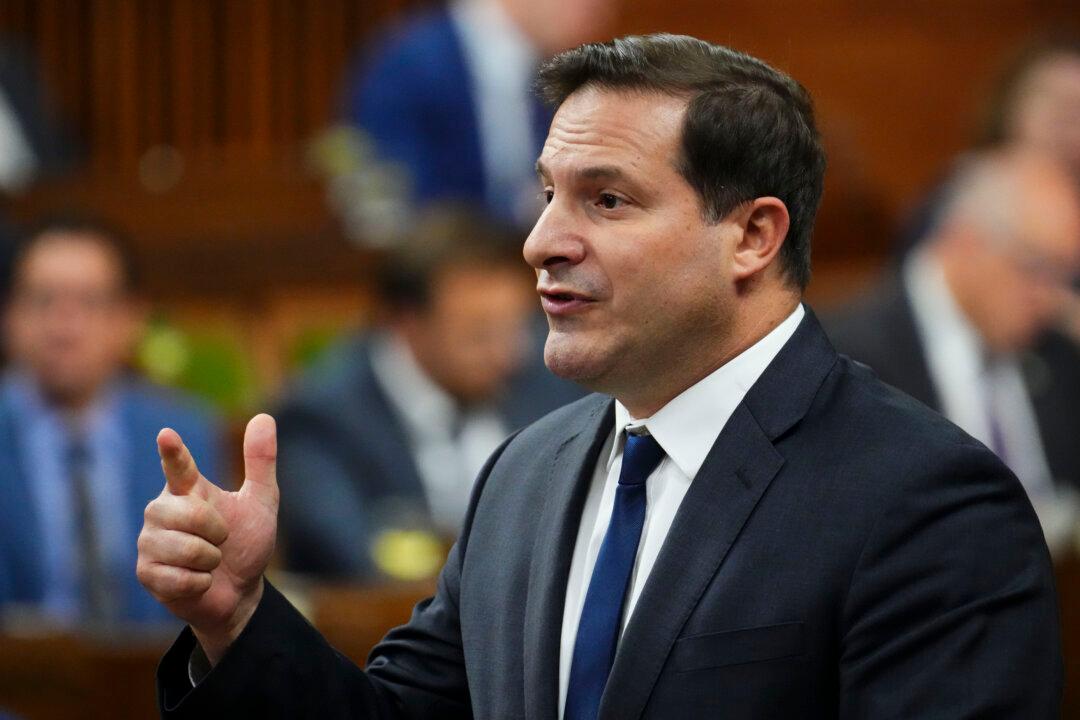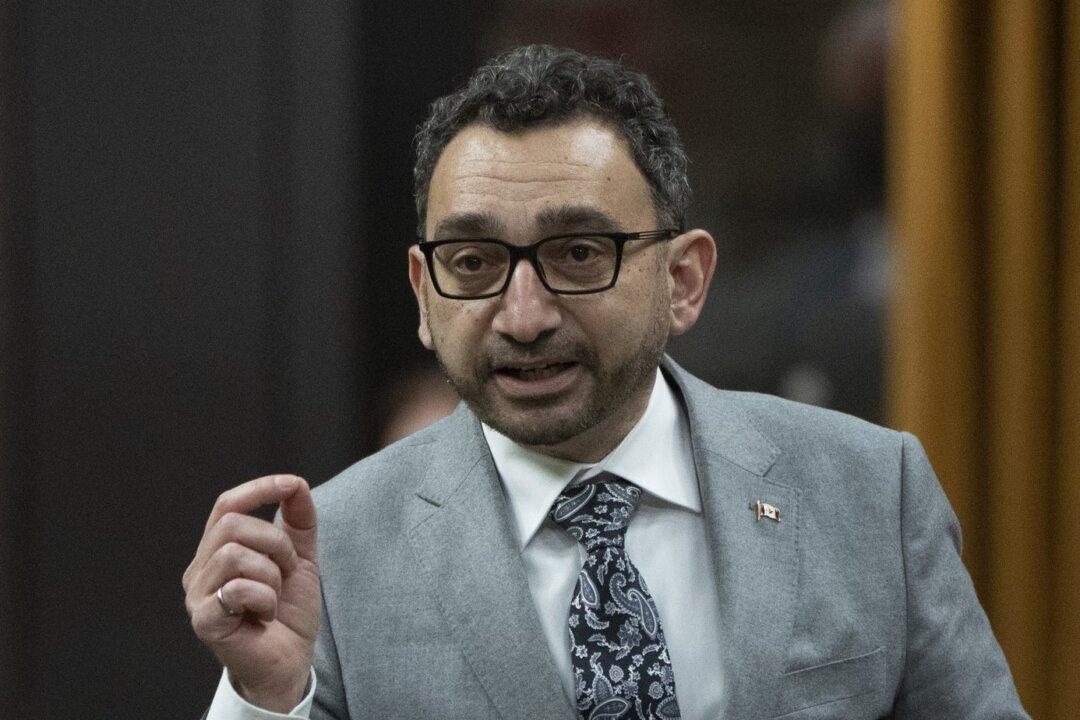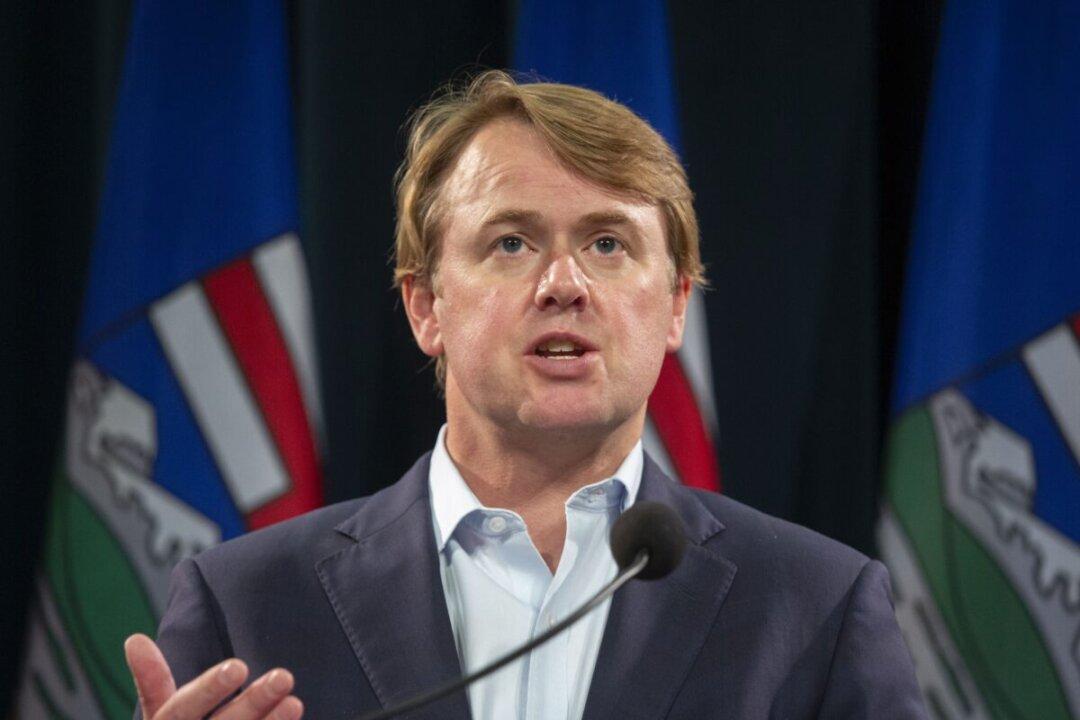Public Safety Minister Marco Mendicino faced questions about his plan to utilize provincial police resources for the federal government’s firearms buyback program, from Conservative MPs on the House of Commons Public Safety Committee on Oct. 4.
Last week, the governments of Alberta, Saskatchewan, and Manitoba announced that Mendicino asked the provinces for help in confiscating firearms the Liberals made illegal through a 2020 Order in Council.





